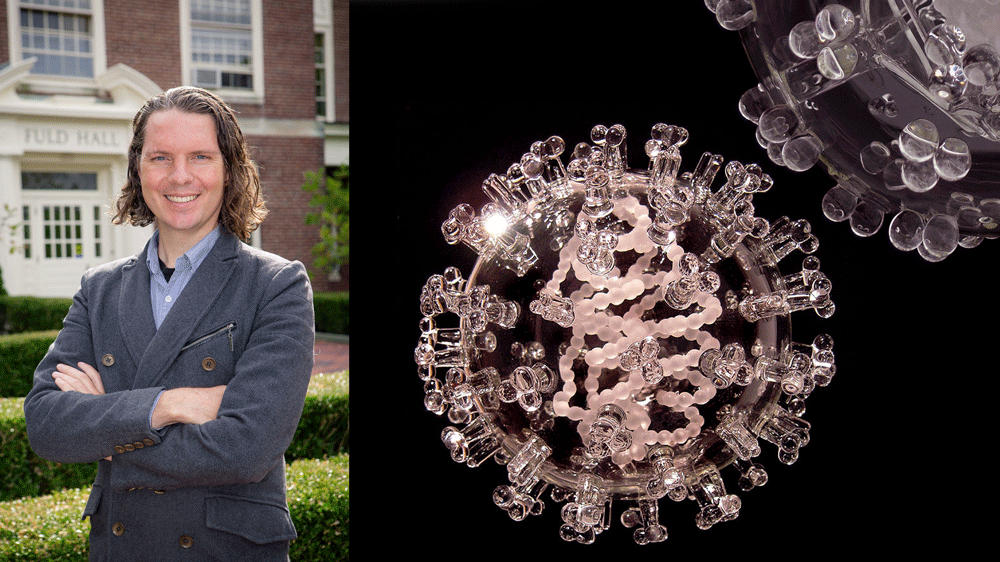Viruses often inspire fear. The history of virology has been driven by anxiety about disease and death. But, new research suggests that most viruses are benign, mutualistic, or symbiotic. Scholars in medical anthropology and the environmental humanities have an opportunity to engage with the virosphere--the totality of viral biodiversity which swirls around us in an unseen and largely unknown realm. Since cloudy epistemologies and ontologies structure our current relationship with the virosphere, perhaps it is easy to be afraid of forces that we can barely understand. Ecological interactions with mind-boggling complexity could suddenly shift, destroying out life support systems. The unruly realm of viral biodiversity could generate a new pandemic at any moment. But, what if we instead approached the virosphere with curiosity and wonder. Is it possible to empathize with a virus?
About the presenter
Eben Kirksey is an American anthropologist who specializes on science and justice. The Institute for Advanced Study in Princeton, New Jersey, hosted Kirksey for the 2019-2020 academic year, where he finished his latest book: The Mutant Project.
About the event
The event is organized by Ursula Münster (Director at the Oslo School of Environmental Humanities) and Daniel Münster (Associate Professor at the Department of Community Medicine and Global Health).
